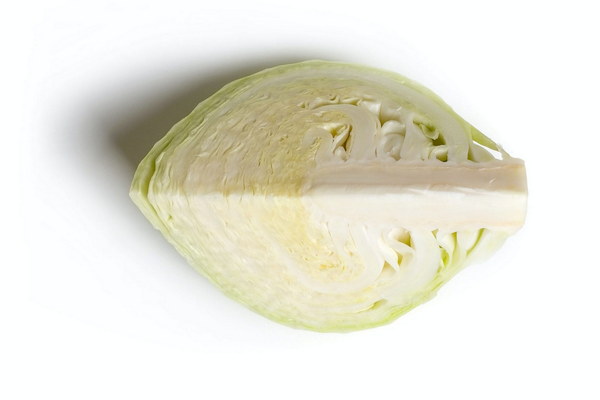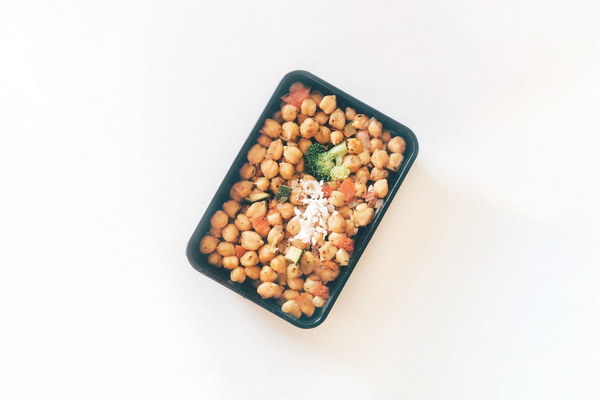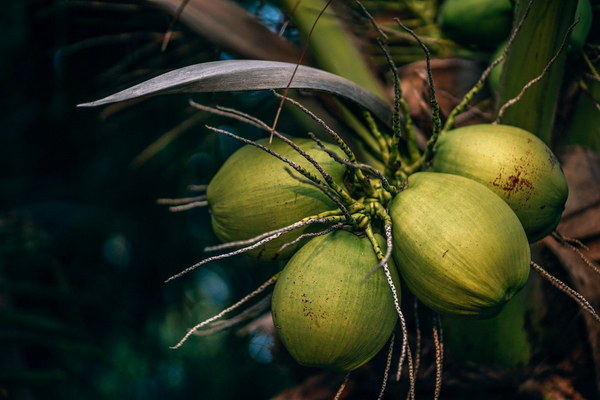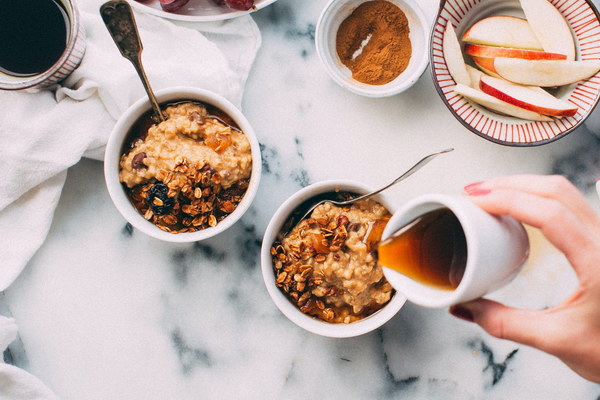Boost Your Menstrual Flow Natural Remedies and Foods for Dark, Light Periods
Introduction:
Menstruation is a natural part of a woman's life, but it can sometimes be accompanied by challenges like light or dark periods. If you're experiencing a lighter flow or dark-colored menstrual blood, it might be a sign of underlying health issues. In this article, we'll explore the reasons behind these symptoms and discuss natural remedies and foods that can help boost your menstrual flow and support your overall well-being.
Reasons for Light or Dark Periods:
1. Hormonal imbalances: Changes in hormone levels can lead to lighter or darker periods. This may be due to conditions like polycystic ovary syndrome (PCOS), thyroid disorders, or menopause.
2. Iron deficiency: Anemia can cause lighter periods and dark-colored blood due to the lack of iron in your body.
3. Medications: Certain medications, such as hormonal birth control pills or antidepressants, can affect your menstrual flow and color.
4. Stress: High levels of stress can disrupt your menstrual cycle and lead to lighter or darker periods.
5. Age: Younger women may experience lighter periods as their bodies adjust to their menstrual cycles.
Natural Remedies and Foods for Dark, Light Periods:
1. Increase iron intake:
Iron is essential for healthy menstrual cycles. Incorporate iron-rich foods such as lean red meat, poultry, fish, beans, lentils, spinach, and fortified cereals into your diet. To enhance iron absorption, consume vitamin C-rich foods like oranges, strawberries, and bell peppers.

2. Vitamin C-rich foods:
Vitamin C helps improve iron absorption and can also reduce menstrual cramps. Add vitamin C-rich fruits and vegetables to your diet, such as oranges, strawberries, kiwi, bell peppers, and leafy greens.
3. Folic acid:
Folic acid is crucial for reproductive health and can help regulate menstrual cycles. Consume foods rich in folic acid, such as leafy greens, beans, lentils, and fortified cereals.
4. Omega-3 fatty acids:
Omega-3 fatty acids can reduce inflammation and improve menstrual symptoms. Incorporate sources of omega-3s, such as fish, flaxseeds, chia seeds, and walnuts, into your diet.
5. Herbs and spices:
Herbs and spices like ginger, turmeric, cinnamon, and black cohosh have been used traditionally to support menstrual health. You can add these to your meals or consume them as teas.
6. Hydration:
Staying hydrated is essential for overall health and can help regulate menstrual cycles. Drink plenty of water, herbal teas, or infused water with fruits and vegetables.
7. Exercise:
Regular exercise can improve blood flow and help regulate your menstrual cycle. Aim for at least 30 minutes of moderate exercise most days of the week.
8. Stress management:
Stress can disrupt your menstrual cycle. Practice stress-reducing techniques like meditation, yoga, or deep breathing exercises to maintain a healthy menstrual flow.
Conclusion:
While a lighter or darker menstrual flow may be concerning, there are natural remedies and foods that can help boost your menstrual flow and support your overall well-being. Incorporate the suggestions mentioned in this article into your daily routine and consult with a healthcare professional if you experience persistent menstrual irregularities or other health concerns.









